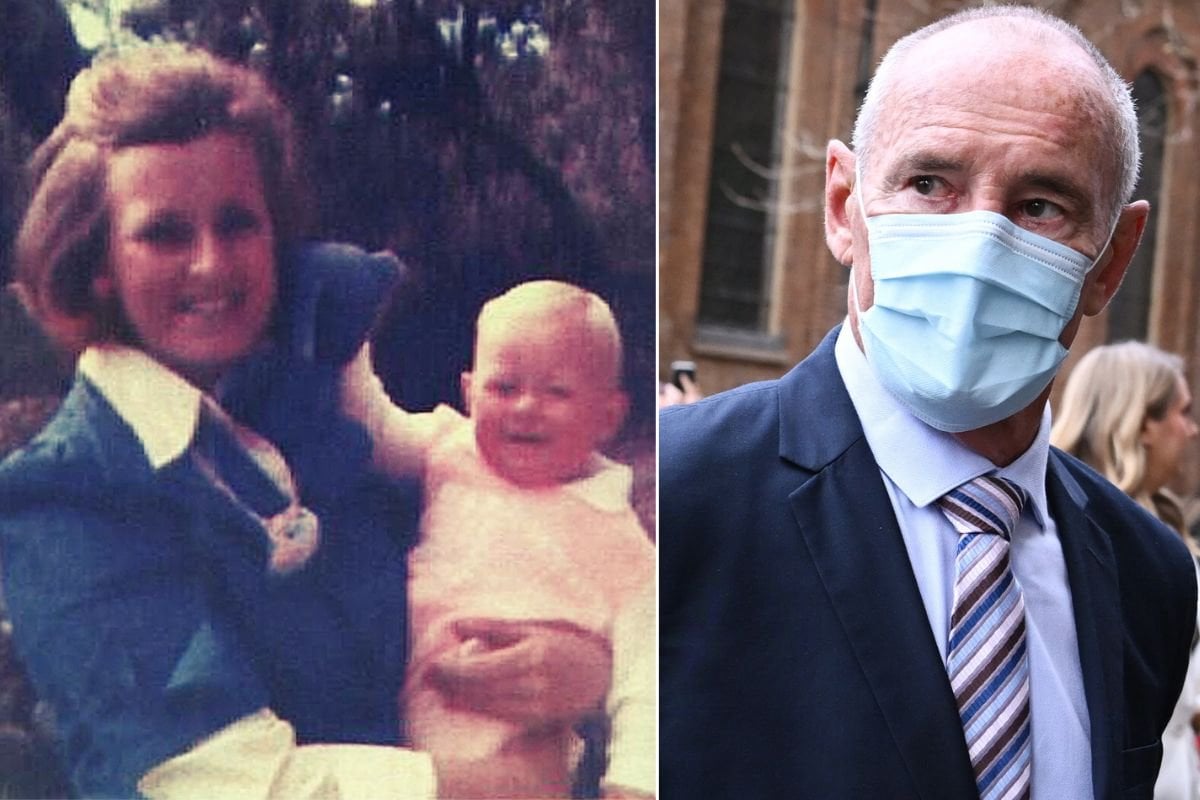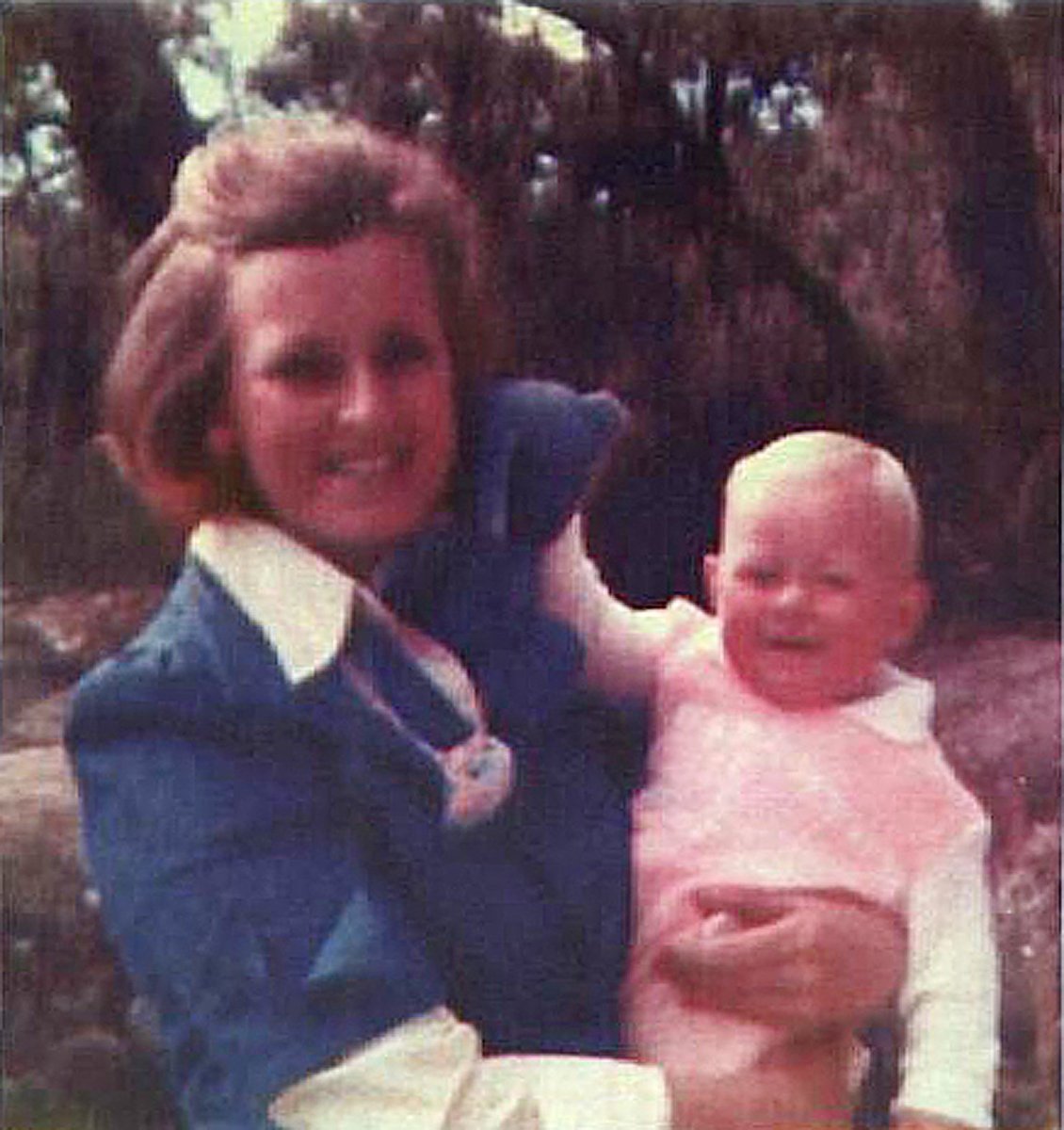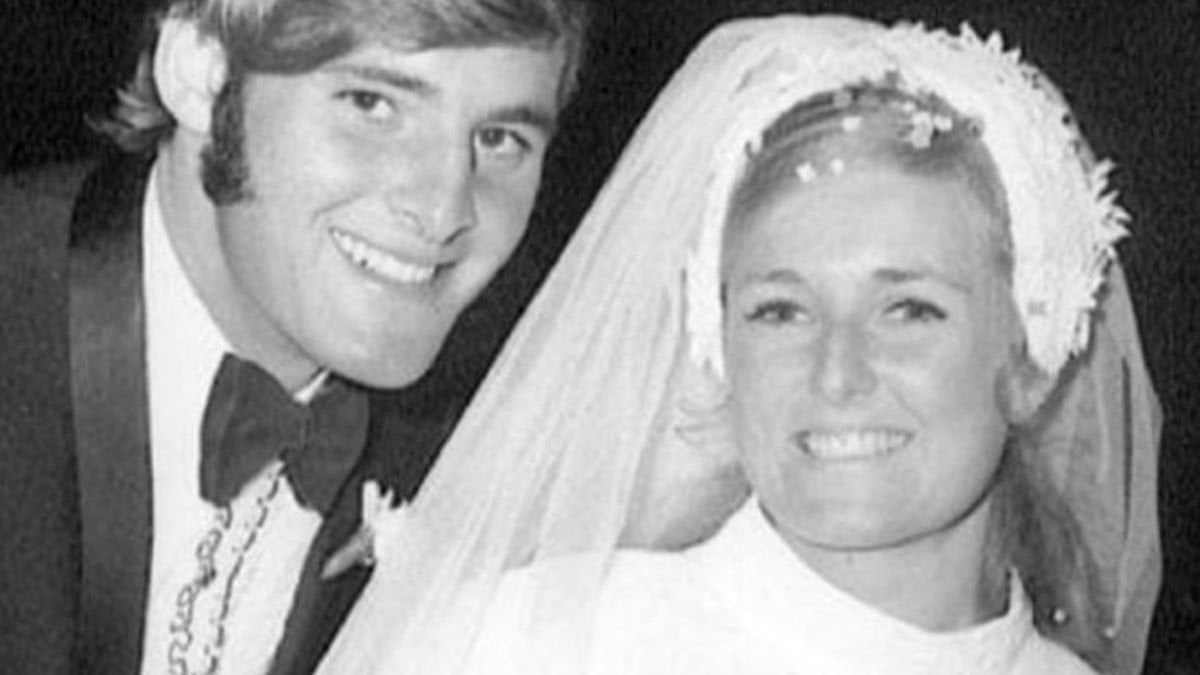
Lynette Dawson adored her two little girls.
She and her PE teacher husband Chris had tried for years to conceive them to no avail, and were taking steps towards adoption when she finally fell pregnant after obstetric surgery.
They raised their family on Sydney's Northern Beaches, where Lyn was a devoted nurse and childcare worker.
In January 1982, while excitedly preparing to send her eldest off to school, Lyn, then 33, disappeared. Her children were just four and two.
 Lynette Dawson and her daughter. Image: NSW Police/AAP.
Lynette Dawson and her daughter. Image: NSW Police/AAP.

